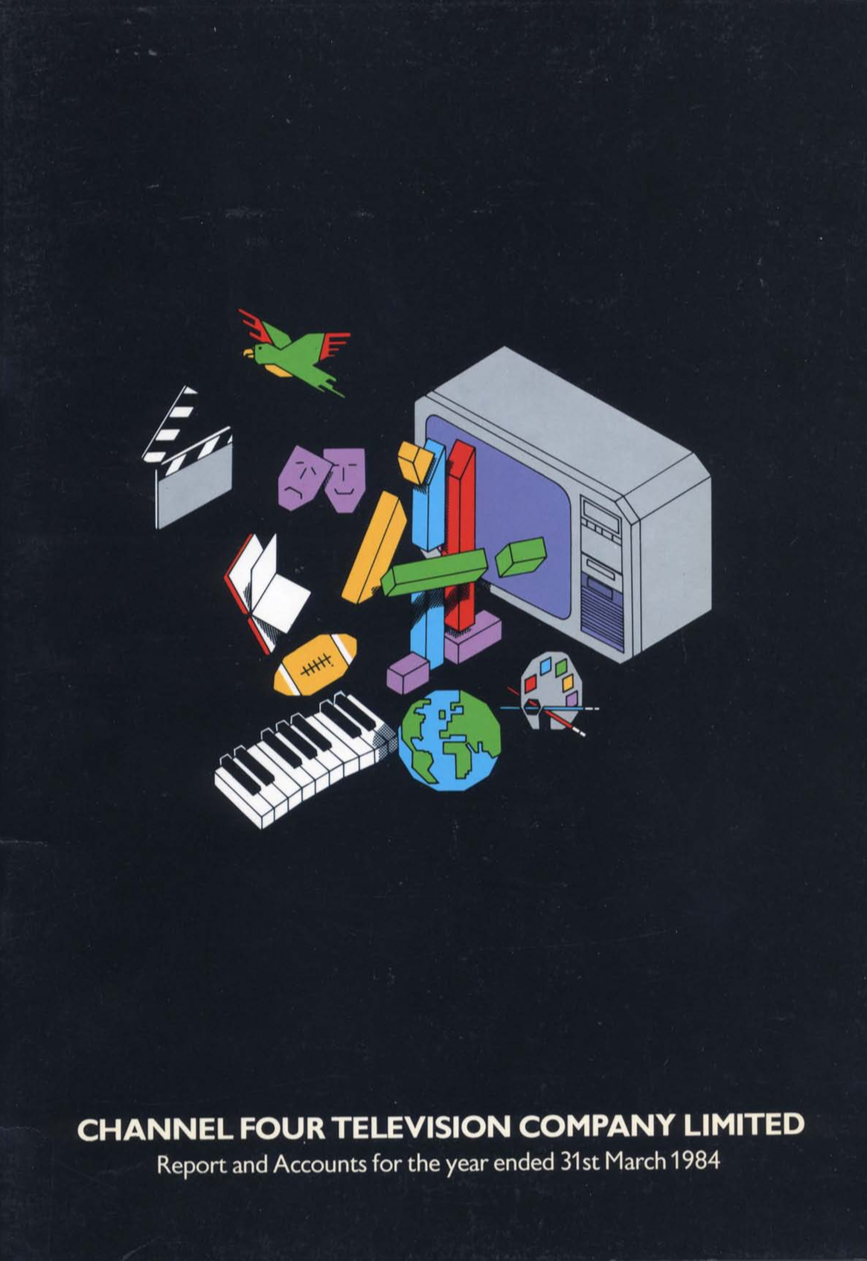Independent Production - 'the indies'
The early pioneering days were far from golden and no one was going to get rich, indeed most 'indies' struggled to survive and many didn't.
Channel 4 - further reading
For the researcher looking into the independent sector and what was happening in those early years of the small independent producers, more can be found in 'Independent Television in Britain: Volume 6' by Paul Bonner and Lesley Ashton, published by Palgrave Macmillan UK. ISBN: 9781349396207
Storm Over 4, A Personal Account by Jeremy Isaacs, Charting some of the controversies over Channel 4's output in its 15-year history, including clips from those programmes that caused the controversies and interviews with those involved. ISBN 10: 0297795384 - ISBN 13: 9780297795384
Another informative book is 'The Making of Channel 4' by Peter Catterall (Editor), published by Routledge. ISBN: 1299752152
Storm Over 4, A Personal Account by Jeremy Isaacs, Charting some of the controversies over Channel 4's output in its 15-year history, including clips from those programmes that caused the controversies and interviews with those involved. ISBN 10: 0297795384 - ISBN 13: 9780297795384
Another informative book is 'The Making of Channel 4' by Peter Catterall (Editor), published by Routledge. ISBN: 1299752152
Cecil Korer Interview
|
"Fill the Stage With Flags!"
Article by Ian Jones in 2005 for 'offthetelly'
- the title of a fascinating interview with Cecil Korer about his extraordinary career before Channel 4, during his time as Commissioning Editor for Entertainment at C4 and then work after leaving the company. |
Why does Channel 4 Exist?
Channel 4 was set up by the government with a unique model and remit that aims to stimulate the independent production sector, drive innovation in broadcasting and to commission programmes that showcase Britain in all of its diversity and to stimulate debate.
|
Channel 4 drive innovation and growth by exploiting a publicly-owned asset (the terrestrial broadcasting spectrum) to reach audiences and generate revenues. Those revenues go back into funding independent production companies, which retain the rights to the programmes that they create.
By retaining the rights to their content, independent production companies can then go on to sell their content internationally. On top of all of this, Channel 4 provide invaluable knowledge and promotional support to help grow the UK’s broadcasting sector and foster its entrepreneurialism. |
British broadcasting's creative greenhouse
"Our overall role is to champion innovation in TV, film and digital – nurturing and growing new ideas, formats, views and voices, faces, talent, audiences and production companies."
"We’re a greenhouse for new creative and digital ideas of significant economic importance.
"Our overall contribution to the UK’s creative economy is notable given our relative size in the marketplace.
"We grow small businesses across the whole of the UK and our formats are successful around the world.
"We have a track record of commissioning more programme ideas than any other public service broadcaster (‘PSB’) and spend more with independent producers than any other channel."
"We’re a greenhouse for new creative and digital ideas of significant economic importance.
"Our overall contribution to the UK’s creative economy is notable given our relative size in the marketplace.
"We grow small businesses across the whole of the UK and our formats are successful around the world.
"We have a track record of commissioning more programme ideas than any other public service broadcaster (‘PSB’) and spend more with independent producers than any other channel."
The Channel 4 model
"Our social enterprise model makes us the only commercial public service broadcaster whose sole incentive is to invest in valued public service programming."
"For over 30 years, Channel 4 has successfully balanced the twin challenges of delivering a public service while being commercially self-sufficient.
"In a world in which consumers increasingly demand that businesses deliver social good, and organisations in the charitable and public sectors are raising more and more money from commercial activities, this has become a powerful business model. Today, that model is known as ‘social enterprise’.
"Channel 4 is a self-sustaining social enterprise, raising commercial revenues from the market and reinvesting surpluses back into British public service content from UK independent producers.
"We do this through a cross-funding model that funds genres such as News, Current Affairs, British Film and Education (which are typically loss-making), with revenues from commercially-valuable programming, like Factual Entertainment."
"For over 30 years, Channel 4 has successfully balanced the twin challenges of delivering a public service while being commercially self-sufficient.
"In a world in which consumers increasingly demand that businesses deliver social good, and organisations in the charitable and public sectors are raising more and more money from commercial activities, this has become a powerful business model. Today, that model is known as ‘social enterprise’.
"Channel 4 is a self-sustaining social enterprise, raising commercial revenues from the market and reinvesting surpluses back into British public service content from UK independent producers.
"We do this through a cross-funding model that funds genres such as News, Current Affairs, British Film and Education (which are typically loss-making), with revenues from commercially-valuable programming, like Factual Entertainment."
Channel 4 Television Corporation







